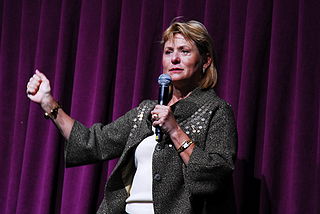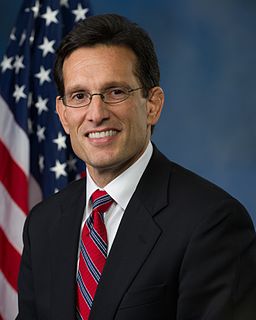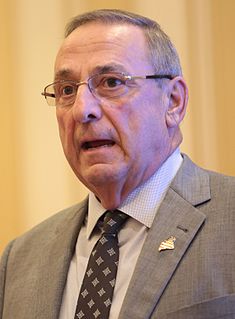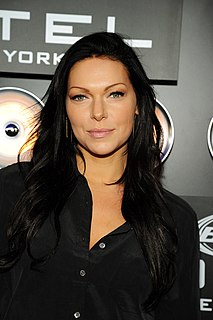A Quote by Josette Sheeran
Eighty percent of the people in the world have no food safety net. When disaster strikes — the economy gets blown, people lose a job, floods, war, conflict, bad governance, all of those things — there is nothing to fall back on.
Related Quotes
About forty percent of the people vote Democrat. About forty percent vote Republican. Of those eighty percent, most wouldn't change their votes if Adolf Hitler was running against Abe Lincoln - or against FDR. . . . That leaves twenty percent of the people who swing back one way or another . . . the true independents. . . . That twenty percent controls the destiny of the country.
You know, there are people making a lot of money in this country who can actually afford their own health care. We are in a situation where we got a safety net in place in this country for people who frankly don't need one. We got to focus on making sure we got a safety net for those who actually need it.
One of the dangers about net-net investing is that if you buy a net-net that begins to lose money your net-net goes down and your capacity to be able to make a profit becomes less secure. So the trick is not necessarily to predict what the earnings are going to be but to have a clear conviction that the company isn't going bust and that your margin of safety will remain intact over time.
Humans used to desire love, money, food, shelter, safety, peace and freedom more than anything else. The last 30 years have changed us. Now people want to have a good job, and they want their children to have a good job. This changes everything for world leaders. Everything they do - from waging war to building societies - will need to be carried out within the new context of the need for a good job.
I think the lie we've told people in the marketplace is that a degree gets you a job. A degree doesn't get you a job. What gets you a job is the ability to carry yourself into that room and shake a hand and look someone in the eye and have people skills. These are the things that cause people to become successful.

































